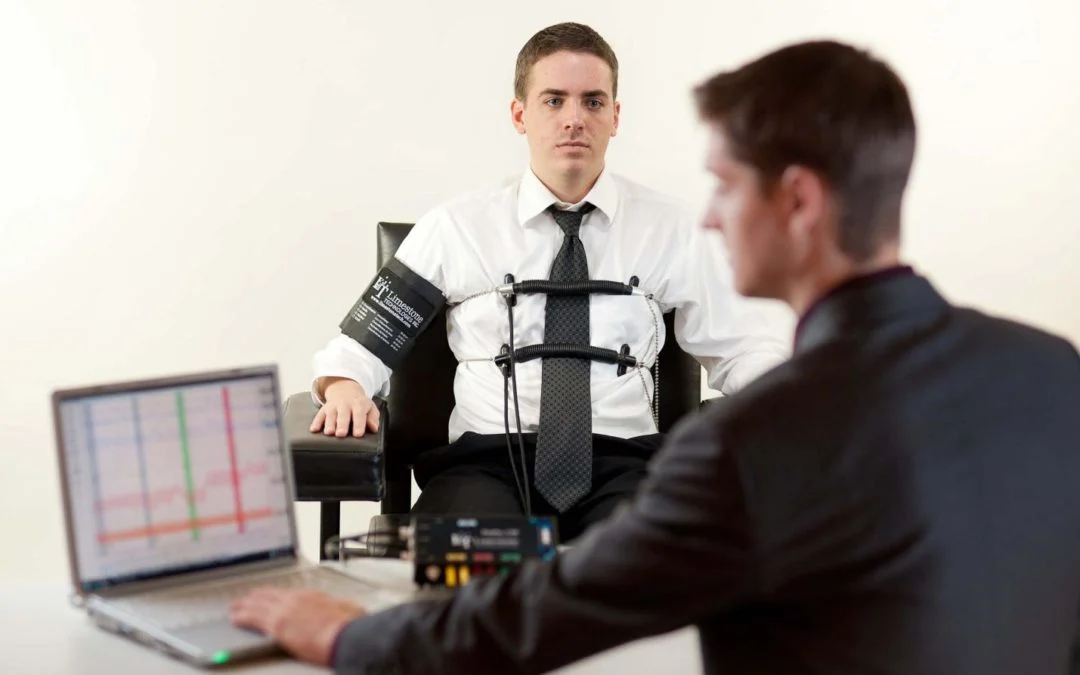Lie detector tests, also known as polygraph tests, are widely recognized tools used to determine the veracity of an individual’s statements. These tests have been employed in various fields, including law enforcement, corporate investigations, and personal disputes. A lie detector test works by monitoring physiological responses, such as heart rate, blood pressure, respiration, liedetectortest.com and skin conductivity, which are believed to change when a person is being deceptive. This article explores the intricacies of lie detector tests, their applications, reliability, and the controversies surrounding their use.
How Lie Detector Tests Work
Lie detector tests operate on the premise that the body reacts differently under stress, especially when a person is lying. During a polygraph examination, the subject is connected to sensors that measure physiological indicators. The test typically begins with control questions to establish baseline responses. These are followed by relevant questions related to the issue under investigation.
The polygraph records the subject’s responses in the form of graphs, allowing the examiner to compare changes in physiological patterns. For example, an increased heart rate or sudden changes in skin conductivity may suggest that the person is not telling the truth. However, interpreting these results requires expertise and is often subject to human judgment.
Applications of Lie Detector Tests
Law Enforcement
Lie detector tests are frequently used in criminal investigations to verify the truthfulness of suspects or witnesses. While not always admissible in court, these tests can guide investigators toward further evidence or eliminate suspects.
Employment Screening
In certain industries, such as security services or government positions, polygraph tests are used as part of the hiring process. This helps employers assess the integrity of candidates, particularly for roles requiring high levels of trust.
Corporate Investigations
Organizations may use lie detector tests to uncover fraud, theft, or breaches of confidentiality. These tests can expedite internal investigations and resolve workplace disputes efficiently.
Personal Disputes
In personal matters, such as relationship conflicts or family disputes, lie detector tests are sometimes employed to address suspicions and establish trust. While this application is less formal, it highlights the diverse scenarios in which polygraphs are used.
The Reliability of Lie Detector Tests
The accuracy of lie detector tests is a topic of significant debate. Proponents claim that polygraphs have an accuracy rate of 80-90% when conducted by trained professionals. However, critics argue that physiological responses can be influenced by factors unrelated to lying, such as anxiety, medical conditions, or environmental factors.
False positives and false negatives are potential issues that can undermine the credibility of polygraph results. For instance, an innocent person with heightened anxiety may appear deceptive, while a skilled liar may suppress stress responses to evade detection. Consequently, polygraph tests are rarely used as standalone evidence in legal proceedings.
Ethical and Legal Considerations
The use of lie detector tests raises ethical and legal questions. In many jurisdictions, individuals have the right to refuse a polygraph test, and results are often inadmissible in court due to concerns about reliability. Employers using polygraphs must adhere to strict regulations, such as the Employee Polygraph Protection Act (EPPA) in the United States, which limits the use of these tests in employment settings.
Additionally, the psychological impact of undergoing a polygraph test cannot be ignored. The process can be stressful and invasive, leading to concerns about its fairness and potential misuse.
Alternatives and Technological Advancements
As technology evolves, new methods of lie detection are being explored. These include voice stress analysis, brainwave monitoring, and artificial intelligence-based systems. While these techniques show promise, they are still in the experimental stages and face similar challenges in terms of reliability and ethical considerations.
In some cases, traditional investigative methods, such as thorough interviews and corroborative evidence, remain more effective and less controversial than lie detector tests.
Conclusion
Lie detector tests continue to be a valuable tool in various sectors, offering insights that can aid investigations and decision-making. However, their reliability and ethical implications require careful consideration. Whether used in law enforcement, employment screening, or personal disputes, polygraph tests should be complemented by other methods to ensure fairness and accuracy. As technology advances, the future of lie detection may bring more reliable and less intrusive alternatives, but for now, the polygraph remains a fascinating and controversial instrument in the quest for truth.


